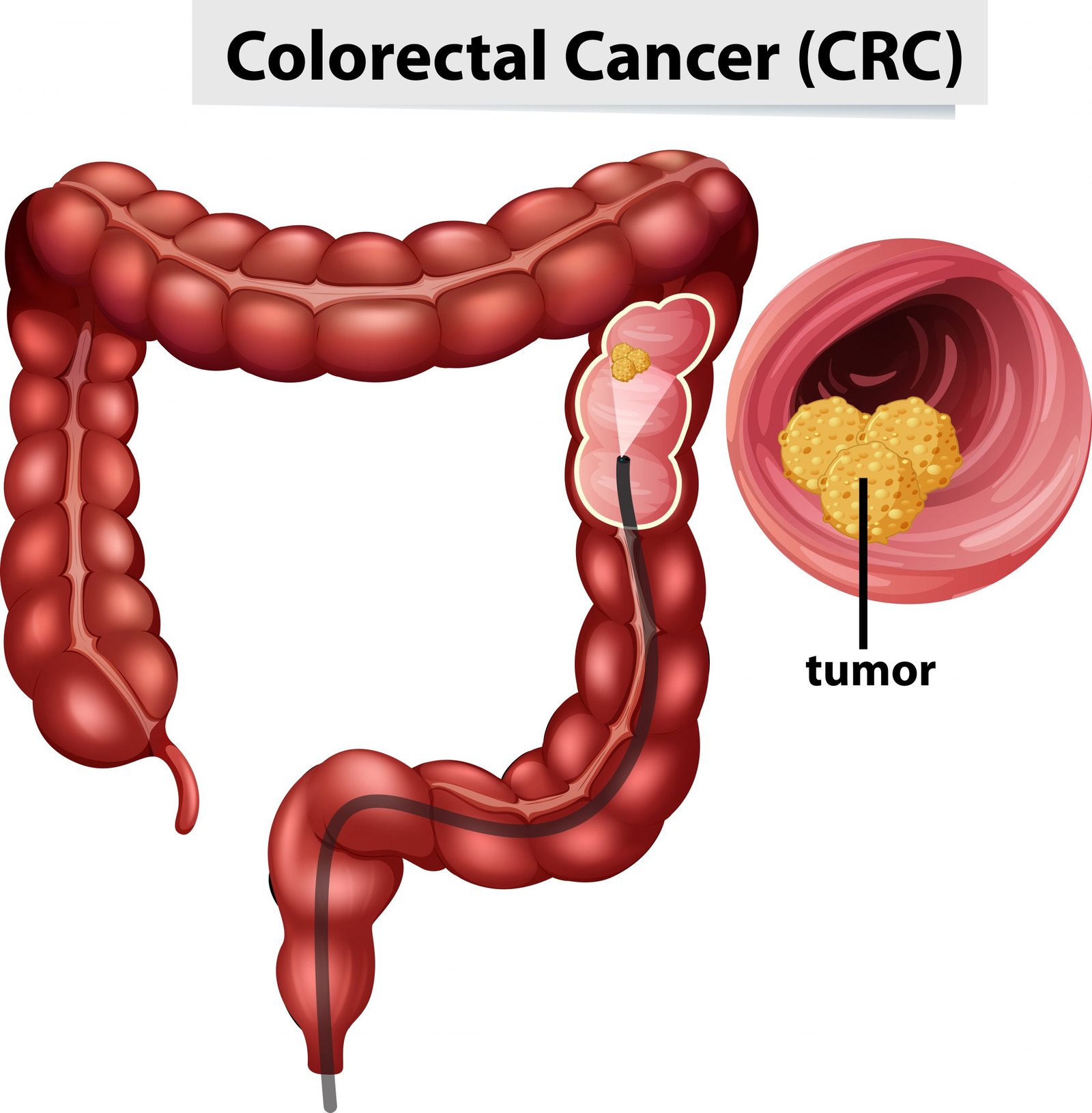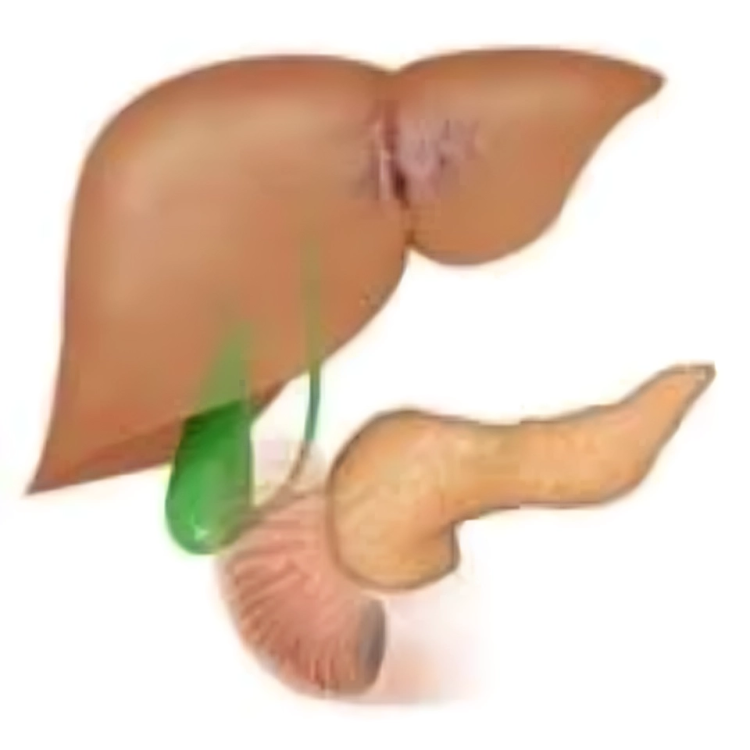Life After Diagnosis Building Resilience in Colorectal Cancer Survivorship.
A colorectal cancer diagnosis is a life-altering event that marks the beginning of a challenging journey. However, life after diagnosis is more than just medical treatments; it’s about building resilience, embracing a new normal, and navigating the path to survivorship. This article explores the multifaceted aspects of life after colorectal cancer diagnosis, emphasizing the importance of physical, emotional, and social well-being.
Embracing the New Normal
- Physical Recovery: Life after colorectal cancer often involves physical changes due to surgery, chemotherapy, or radiation. Building resilience includes focusing on post-treatment recovery, adopting healthy lifestyle choices, and working closely with healthcare professionals to manage any lingering physical challenges.
- Nutritional Wellness: Nutrition plays a crucial role in recovery and resilience. Many survivors may face digestive changes or dietary restrictions. Consulting with a registered dietitian can help individuals develop a personalized nutrition plan that supports overall health and addresses specific post-treatment needs.
- Exercise and Rehabilitation: Physical activity contributes not only to physical recovery but also to emotional well-being. Tailored exercise programs, including rehabilitation if needed, can help survivors regain strength, improve mobility, and boost energy levels.
Emotional Well-Being
- Coping with Fear and Anxiety: Life after diagnosis often brings a heightened sense of fear and anxiety. Learning effective coping strategies, such as mindfulness, meditation, or seeking support from mental health professionals, can help survivors navigate these emotional challenges.
- Support Systems: Building resilience is a collective effort that involves leaning on the support of family, friends, and support groups. Sharing experiences with others who have gone through similar journeys can provide a sense of community and understanding.
- Professional Counseling: Professional counseling services offer a safe space for survivors to process emotions, address fears, and develop coping mechanisms. Mental health professionals specialize in providing guidance tailored to the unique challenges of life after colorectal cancer.
Social Reintegration
- Rebuilding Relationships: The impact of a cancer diagnosis extends to relationships with family, friends, and colleagues. Rebuilding connections and maintaining open communication can be instrumental in creating a supportive environment.
- Returning to Work: Resuming work after colorectal cancer treatment is a significant milestone for many survivors. Employers can play a crucial role in facilitating a smooth transition, providing necessary accommodations, and fostering a supportive work environment.
- Advocacy and Awareness: Engaging in advocacy efforts and raising awareness about colorectal cancer can empower survivors. Sharing personal stories not only helps reduce stigma but also contributes to broader conversations about prevention, early detection, and support for those affected.
Looking Ahead
- Regular Follow-Up Care: Life after colorectal cancer involves ongoing monitoring and follow-up care. Regular check-ups with healthcare providers are essential to track physical health, address any emerging concerns, and ensure continued well-being.
- Celebrating Milestones: Celebrating milestones, whether big or small, is an integral part of life after diagnosis. Each step forward, from completing treatment to reaching personal goals, deserves recognition and acknowledgment.
Conclusion
Life after a colorectal cancer diagnosis is a journey of resilience, adaptation, and self-discovery. By focusing on physical recovery, emotional well-being, and social reintegration, survivors can forge a path to a fulfilling and meaningful post-cancer life. Building resilience is an ongoing process, and each survivor’s story is a testament to strength, courage, and the human spirit’s remarkable capacity to endure and thrive.








